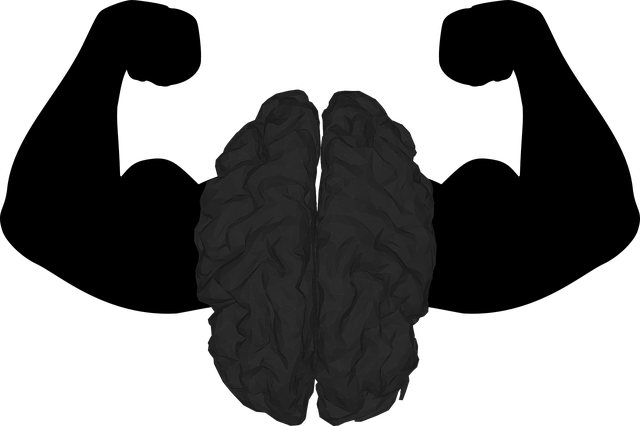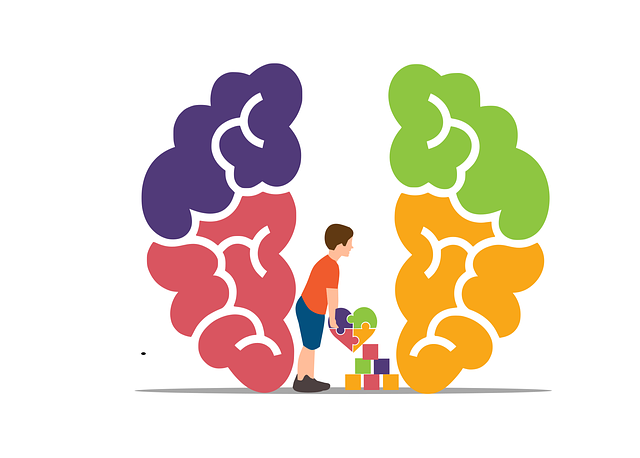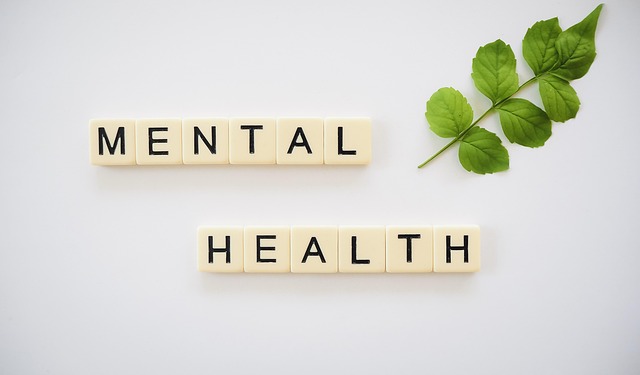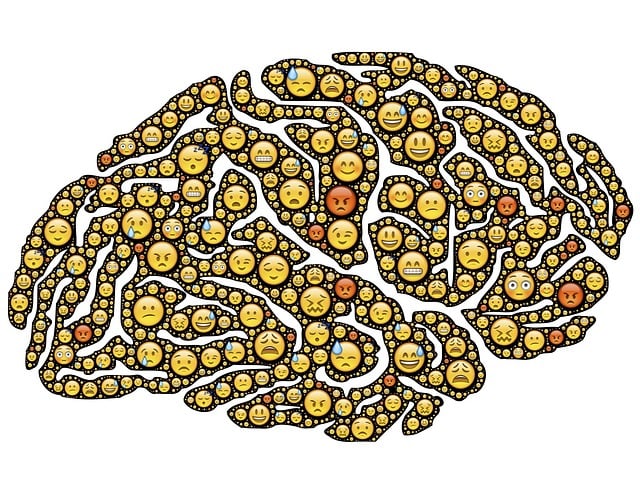Adolescence is a crucial phase for mental wellness development, and accessible therapy services in communities like Littleton play a transformative role. Strategies include encouraging self-care, social activities, and innovative tools like podcasts to educate teens on emotion management. Journaling, promoted by Littleton Adolescent and Teen Therapy, offers a safe space for self-reflection, fostering self-awareness, resilience, and emotional regulation through expressive writing. Consistent journaling routines, tailored prompts, and structured practices enhance mental wellness, reduce stigma, and align with modern Compassion Cultivation techniques to improve life satisfaction among teens.
Mental wellness journaling offers adolescents a powerful tool for self-discovery and emotional growth. This article explores the significance of mental health for teens, highlighting how journaling can serve as an effective therapy method. We delve into creating structured routines, leveraging Littleton Adolescent and Teen Therapy’s experience to implement insightful exercises. By understanding these principles, parents and therapists can guide young individuals toward improved well-being through the transformative practice of journaling.
- Understanding Mental Wellness and its Importance for Adolescents
- The Power of Journaling as a Therapy Tool for Teens
- Creating an Effective Journaling Routine for Optimal Benefits
- Littleton Adolescent and Teen Therapy: Implementing Journaling Exercises in Practice
Understanding Mental Wellness and its Importance for Adolescents

Adolescence is a period of significant growth and change, making mental wellness an essential aspect of overall health for teens. Understanding and prioritizing this element can be transformative, especially in communities like Littleton where access to adolescent and teen therapy services is readily available. Mental wellness refers to an individual’s emotional, psychological, and social well-being. It encompasses not just the absence of mental illness but also the presence of resilience, self-esteem, and healthy coping mechanisms. For adolescents, navigating this phase of life can be challenging due to increased academic pressures, peer relationships, and identity formation.
Promoting mental wellness during these formative years is crucial as it lays the foundation for future emotional stability and overall well-being. One effective strategy is encouraging teens to develop a self-care routine that involves physical activity, mindfulness practices, and healthy sleep habits. Additionally, engaging in activities that foster social connections and encourage open communication about emotions can boost confidence and provide valuable support systems. The production of a mental wellness podcast series could also be an innovative way to reach and educate adolescents on various aspects of mental health, offering practical tips and personal stories for better understanding and managing their emotional well-being.
The Power of Journaling as a Therapy Tool for Teens

Journaling has emerged as a powerful therapy tool for teens navigating their mental wellness journey. It offers a safe and private space for self-reflection, allowing young individuals to express their thoughts, emotions, and experiences uninhibitedly. By putting pen to paper, teens can process challenging feelings, gain clarity on their moods, and identify patterns in their behaviors and triggers, which is particularly beneficial for those undergoing Littleton Adolescent and Teen Therapy.
This practice fosters self-awareness and helps build resilience. Through regular journaling, teens can learn to regulate their emotions, enhance coping strategies, and develop a stronger sense of self. Moreover, it serves as an invaluable resource for mental health professionals conducting risk assessments, as it provides insights into the adolescent’s inner world, supporting better understanding and more effective burnout prevention strategies while promoting resilience building.
Creating an Effective Journaling Routine for Optimal Benefits

Establishing a consistent journaling routine can significantly enhance mental wellness practices, especially for adolescents and teens navigating life’s challenges. At Littleton Adolescent and Teen Therapy, we encourage clients to view journaling as a powerful tool for self-reflection and emotional regulation. Dedicating just 15-30 minutes daily to this exercise can foster resilience building and provide an outlet for processing thoughts and feelings.
To maximize the benefits of mental wellness coaching programs development through journaling, set realistic goals and create a structured yet flexible routine. Consider incorporating prompts related to gratitude, reflections on past experiences, or planning for future aspirations. By integrating journaling into their daily lives, individuals can contribute to mental illness stigma reduction efforts by promoting self-awareness, emotional intelligence, and ultimately, improved mental health outcomes.
Littleton Adolescent and Teen Therapy: Implementing Journaling Exercises in Practice

Littleton Adolescent and Teen Therapy incorporates journaling exercises as a powerful tool to enhance mental wellness among young individuals. These exercises are tailored to support teens in processing their emotions, thoughts, and experiences, fostering self-awareness and personal growth. Through structured yet flexible journaling prompts, therapists guide adolescents towards building resilience, a key aspect of overall well-being.
The practice encourages the cultivation of compassion by teaching teens to reflect on their strengths and accomplishments, thereby boosting confidence. By regularly engaging in these activities, young clients develop healthier coping mechanisms and gain insights into their mental states. This therapeutic approach aligns with modern trends in mental health care, focusing on evidence-based practices like Compassion Cultivation, which has been shown to improve emotional regulation and overall life satisfaction.
Mental wellness journaling can be a powerful tool for adolescents, as evidenced by practices at Littleton Adolescent and Teen Therapy. By integrating this therapeutic exercise into their routines, teens gain valuable insights and develop coping mechanisms. With consistent practice, journaling becomes an effective way to navigate the challenges of adolescence, fostering improved mental health and overall well-being. This simple yet profound activity encourages self-reflection, emotion regulation, and personal growth, ultimately empowering young individuals to take charge of their mental wellness.













